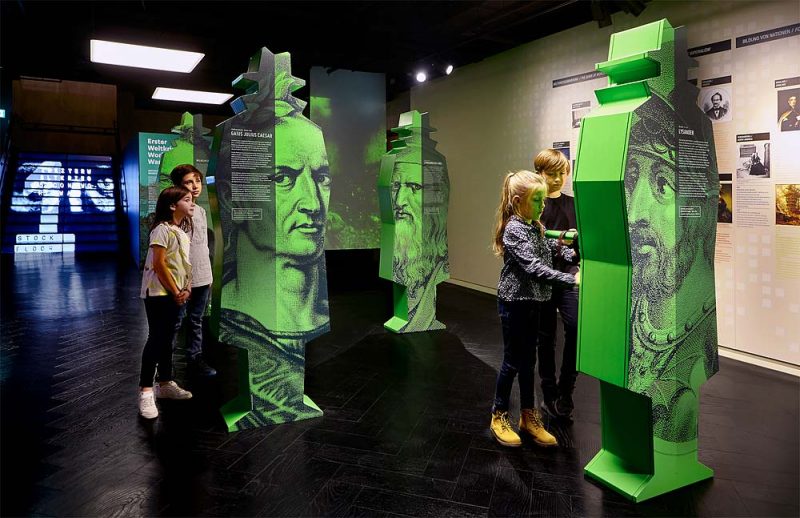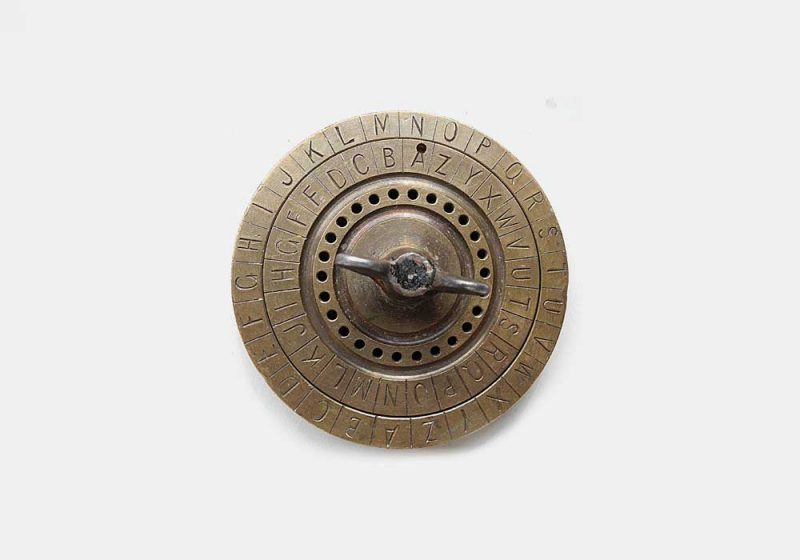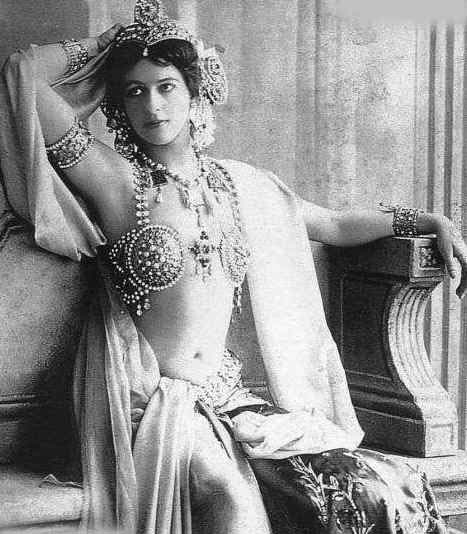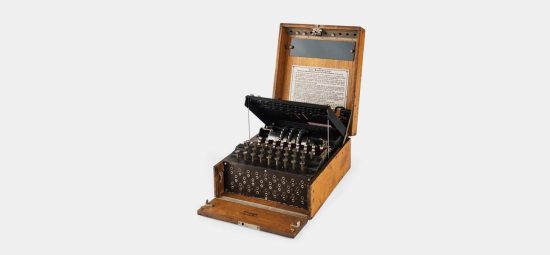The history of espionage

The Digital Prologue – an interactive journey through the centuries in the German Spy Museum
Kings, emperors & churches
The majority of medieval spies were priests and monks – able to read and write in a number of languages, and spread in a network throughout Europe – they were well placed to function as an intelligence network. The occupation underwent a wave of professionalization during the 15th century, with trained agents replacing the travelling merchants and soldiers previously used to gather information. The counsellors of the English Queen Elizabeth I (1533-1603) established the first dedicated intelligence network, whilst in France, Cardinal Richelieu (1585-1642) used his »Cabinet Noir” to monitor the correspondence of foreign diplomats and those suspected of treason. A system of postal intelligence was perfected by the »Secret Cipher Chancellery« in Vienna (1716-1848).

Thousands of years of history – from Julius Cesar to Edward Snowden

The Alberti Cipher Disc was one of the first devices for encrypting messages (15th century)
Modern times

Mata Hari – (alleged?) double agent from World War I

Enigma – a military encryption machine from World War II